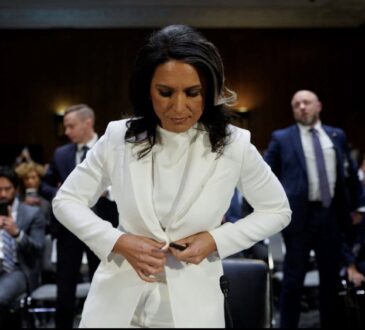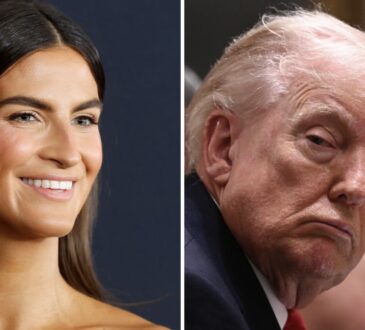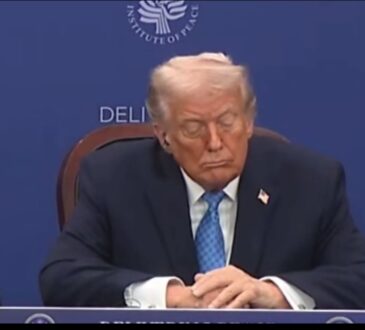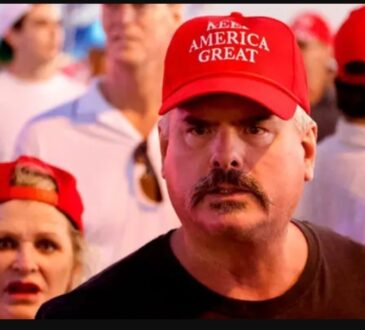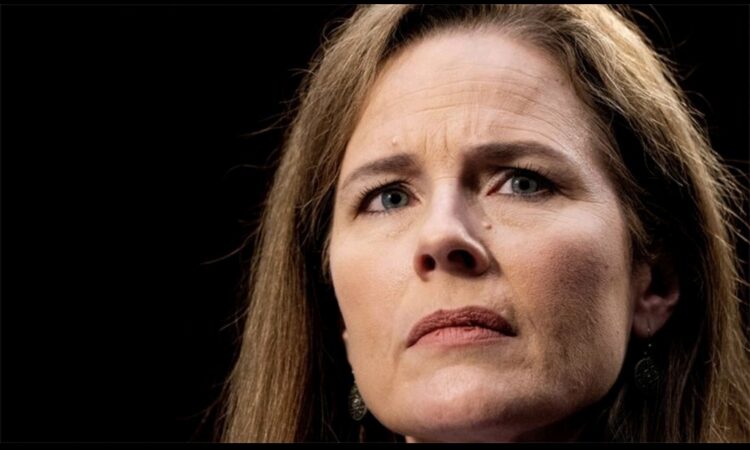
In a recent interview with The New York Times columnist Ross Douthat, Supreme Court Justice Amy Coney Barrett was asked a tough question twice about what the Supreme Court could actually do if Donald Trump refused to obey one of its rulings.
Barrett, who joined the Court in 2020 after being nominated by Trump to replace the late Justice Ruth Bader Ginsburg, was discussing the “unitary executive theory.” That theory claims that the president holds broad, almost unchecked authority over the entire executive branch an idea Trump and his allies have strongly embraced in his second term.
Barrett acknowledged that the theory “implies strong presidential power over executive agencies.” She added that there is ongoing debate, especially among constitutional “originalists” — legal thinkers who try to interpret the Constitution based on how its authors might have understood it — about whether that theory has solid historical grounding. She also mentioned that some of the Court’s current cases are connected to that question.
Douthat then reminded her that the Supreme Court has no military, no police force, and no control over government funding. Its power rests largely on respect — on the idea that people and institutions obey its rulings because they accept its legitimacy. He pointed out that it’s not hard to imagine a president, from either party, deciding to ignore a ruling — much like President Andrew Jackson famously did in the 1830s — and saying, in effect, “That’s your decision, now try to enforce it.”
When asked how she would handle such a situation, Barrett gave a cautious and abstract answer. She said that the Court always considers the long-term balance of power between branches of government between presidents, Congress, and the judiciary — when making decisions.
Douthat wasn’t satisfied and pressed again: “If a president defied the Supreme Court, what would you do?”
This time, Barrett admitted the uncomfortable truth: the Supreme Court doesn’t have much direct power to enforce its own rulings. “As you say, the Court lacks the power of the purse. We lack the power of the sword,” she said, referencing the fact that the Court controls neither money nor force. “We interpret the Constitution, we draw on precedents, and we make the most with the tools that we have.”
In short, Barrett acknowledged that if a president simply ignored the Court, the justices couldn’t physically compel compliance. The Supreme Court relies on the cooperation of the executive branch and the public’s belief in the rule of law. Without that shared respect, even the nation’s highest court has little ability to enforce its will.

